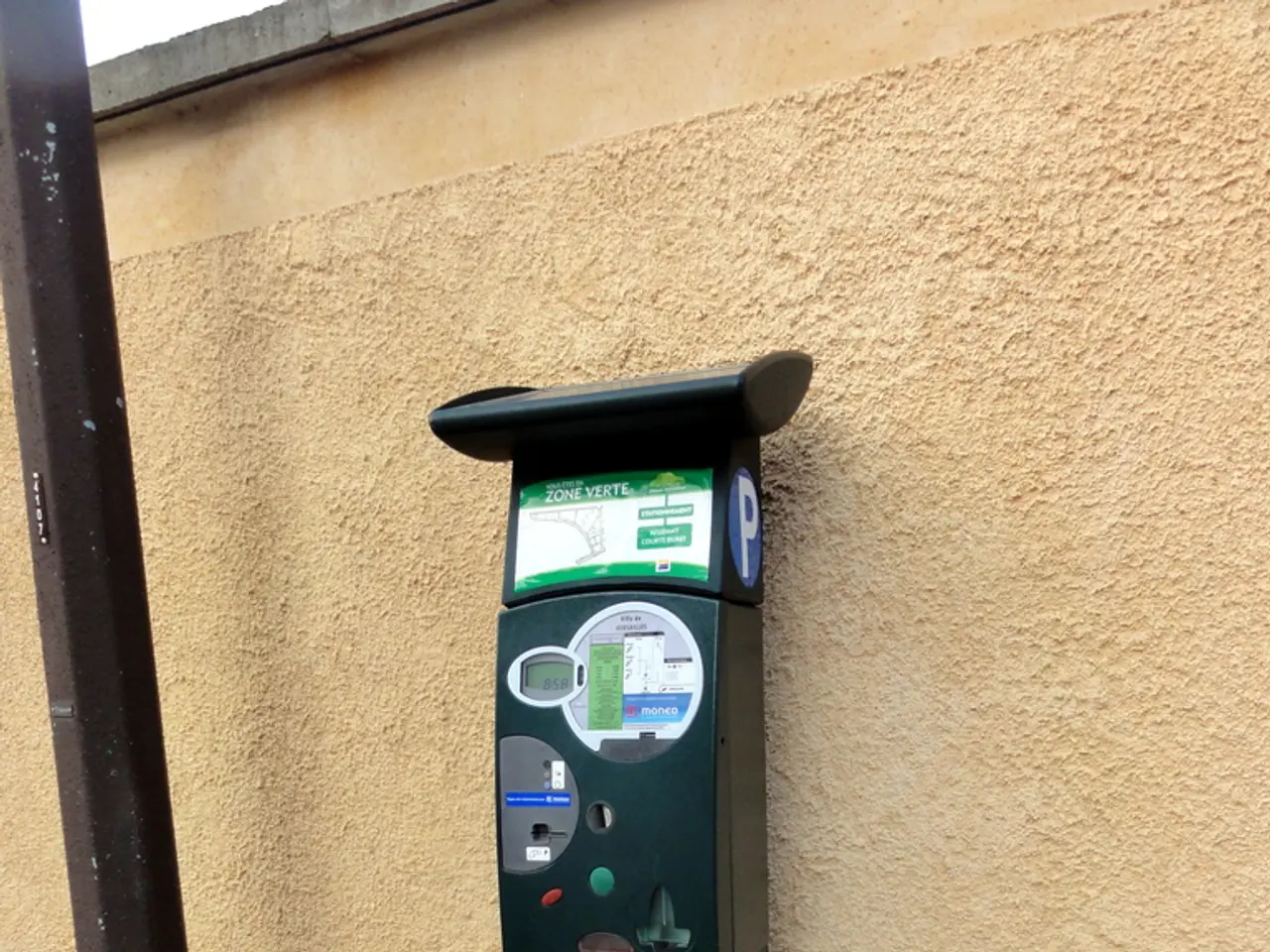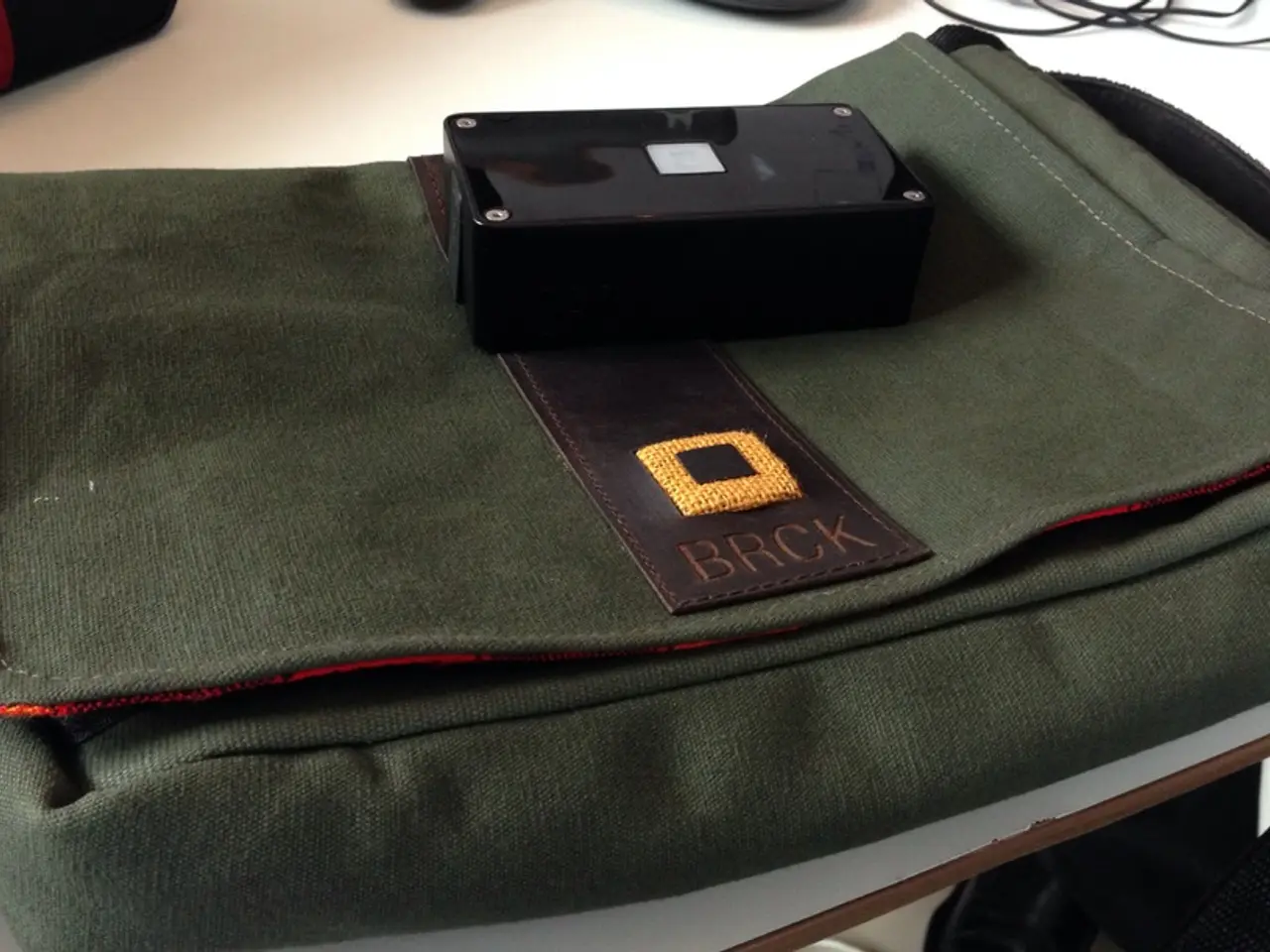Microsoft's Contentious Windows Recall Resurfaces: Guidance for User Management
In the latest update, Microsoft's AI-powered screenshotting software, Recall, in Windows 11 continues to face privacy and security concerns. Despite improvements, Recall's failure to adequately protect sensitive user data remains a significant issue.
Recall captures screenshots of user activity every five seconds and stores this data locally in an unencrypted SQLite database. This database includes sensitive information such as passwords, credit card numbers, Social Security numbers, private correspondence, and other personal details [2][5]. Although Microsoft has implemented a filtering system to exclude certain sensitive data, tests have shown these filters to be unreliable, allowing sensitive information to still be recorded and stored in plaintext [1][5].
The data storage location lacks encryption, exposing users to risks if their device is stolen or compromised by malware, ransomware, or insider threats [2]. Privacy advocates and security researchers warn that this unprotected data poses a significant risk of invasion of privacy, particularly for vulnerable users such as domestic violence victims, because Recall snapshots cannot be fully controlled or excluded by other software privacy protections [3][4].
Browsers like Brave actively block Recall from capturing browsing activity by treating all tabs as private windows to prevent recording, reflecting ongoing distrust in Recall's privacy safeguards [3].
Microsoft continues to test and update Recall in preview, but major concerns remain about its fundamental approach to privacy and data security before any wider rollout occurs. One such concern is the 150 GB of storage dedicated to Recall, which could be used for other purposes, such as storing games like Baldur's Gate III.
To mitigate these concerns, users can consider using more secure communication methods, such as Signal, and disabling Recall if they are concerned about privacy and security. To disable Recall, users can search "Turn Windows features on or off" in the Windows 11 taskbar and uncheck the feature. Users also have the option to enable or disable Recall upon first startup.
It is crucial for Microsoft to address these privacy concerns, especially for base users, and consider the potential risks Recall poses, such as the possibility that less tech-savvy family members might not disable Recall, even if users do. Microsoft is reintroducing Recall for Copilot+ PCs, and it will be rolled out gradually to beta users over the coming weeks. Users will need to set how long they want the PC to store screenshots.
In summary, despite Microsoft's claims of improved security, Recall still captures sensitive information including passwords, credit cards, and private chats every five seconds, stores this data in unencrypted, accessible local databases, has incomplete and fail-prone filtering for sensitive information, poses risks from device theft, malware, insider threats, and privacy invasions, and cannot be easily controlled or limited by existing privacy tools, increasing risks especially for vulnerable users [1][2][3][4][5].
- The concerns regarding technology, specifically Microsoft's Recall in Windows 11, extend beyond privacy and security as it poses significant risks to users, particularly the storage of sensitive data like passwords and private chats in unencrypted formats.
- As artificial-intelligence continues to be integrated into tech like Recall, it is essential for companies to ensure its proper implementation, especially in maintaining user data security, given the potential risks associated with its misuse.
- In light of the ongoing issues with Recall, tech-savvy users may opt for alternative communication methods like Signal and actively explore the options to disable this software on their Windows 11 systems, while Microsoft works to address the concerns related to its technology and future implementations.




